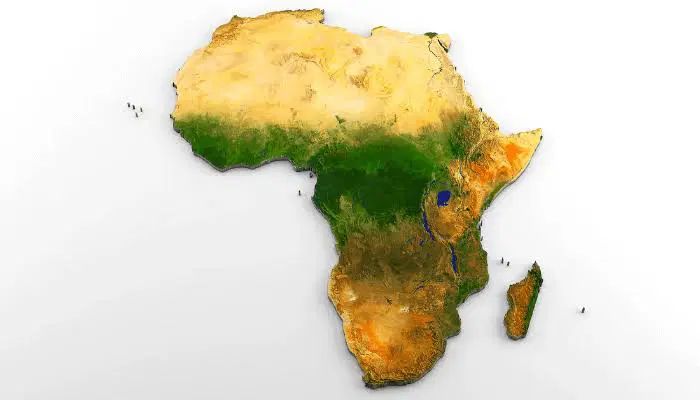Indonesia officially became the tenth full member of the BRICS group of developing economies on Monday, marking a significant expansion of the bloc.
The announcement was made by Brazil, which holds the BRICS presidency for 2025.
“The Brazilian government welcomes Indonesia’s entry into the BRICS,” it said in a statement.
“With the largest population and economy in Southeast Asia, Indonesia shares with other members a commitment to reforming global governance institutions and contributes positively to deepening South-South cooperation.”
Indonesia’s candidacy for BRICS membership was endorsed by the bloc’s leaders in August 2023, as confirmed by the Brazilian Foreign Ministry.
However, Indonesia delayed its formal accession until the establishment of its newly-elected government, signaling a strategic approach to ensuring alignment with its domestic and international priorities.
To mark the occasion of Indonesia’s accession to BRICS, the Foreign Affairs Ministry in Jakarta issued a statement, saying, “This achievement shows Indonesia’s increasingly active role in global issues and commitment to strengthening multilateral cooperation to create a global structure that is more inclusive and fair.”
The BRICS group, initially formed in 2009, derives its name from its founding members: Brazil, Russia, India, and China. South Africa joined the bloc in 2010.
In 2024, BRICS expanded significantly, welcoming Iran, Egypt, Ethiopia, and the United Arab Emirates as new members, marking a pivotal step in the alliance’s growth and influence.
The BRICS bloc was established as a counterweight to the Group of Seven (G7), a coalition of developed economies comprising the United States, Canada, the United Kingdom, France, Germany, Italy, and Japan.
BRICS aims to challenge the dominance of the G7 in global economic and political affairs, advocating for greater representation and equity for emerging and developing nations in the international system.
Before Indonesia’s accession, BRICS represented 46% of the global population and accounted for 35% of the world’s GDP.










